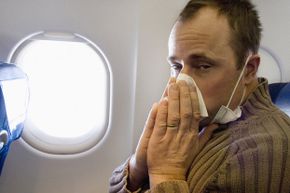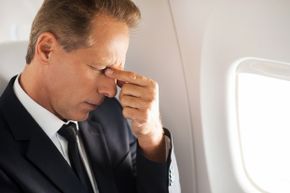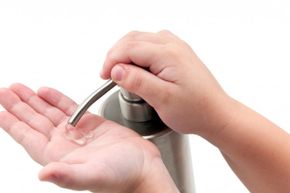Back in 2002, astronaut Peggy Whitson had clearly been floating around in the International Space Station too long by the time the shuttle Atlantis arrived. The spacecraft successfully docked to the ISS port, but when the visiting crew tried to come aboard, Whitson refused to open the door until she had some assurances. Did they have the stuff? The spicy stuff?
The need for heat is an old and powerful one. In medieval Europe the desire for spices helped inaugurate the age of exploration, conquest and empire. This time around, Whitson's belligerence was only half in jest. Up in space even the mildest palate develops a hankering for zesty condiments. Why? Because of gravity, or the lack thereof [source: Romanoff].
Advertisement
In zero, or near-zero gravity, the fluids (read mucus) generated in your sinuses refuse to drain into your nasal cavities the way they're supposed to on Earth. That means everything clogs up, blocking the olfactory organ way up at the back of your nose [source: BBC]. Without the use of that all-important little patch of nerve endings, your sense of taste is dialed down to a minimum and your pleasure centers crave excitement. Hence Whitson's desperate demand for spicy supplies.
But you don't have to punch through the atmosphere to experience sinus problems when traveling. In fact, sinuses and travel rarely get along, even at, or relatively near, the Earth's surface.
Advertisement


